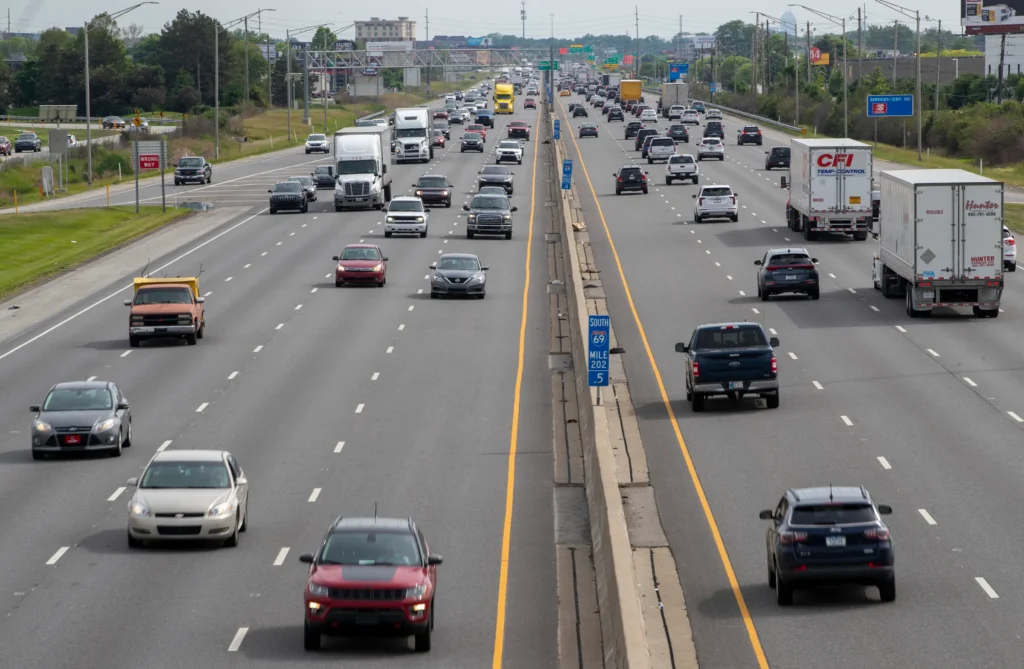A recent study discovered a strong link between traffic-related air pollution and high blood pressure in car passengers.
The research published in Annals of Internal Medicine revealed a 4.5 mm Hg rise in blood pressure associated with exposure to highway air pollution. This increase peaked within an hour and persisted for up to 24 hours, affecting individuals regardless of whether they were drivers or passengers.
Dr. Joel Kaufman, University of Washington professor and environmental health expert emphasized that the rise in blood pressure stemmed directly from breathing traffic-related particles. The study’s design accounted for various factors distinguishing the effect of pollution from other stressors.
Dr. John Higgins, a sports cardiologist at UTHealth in Houston highlighted the need for high-efficiency air filters, suggesting that incorporating HEPA filters in vehicles or implementing city-level solutions for air pollution might be necessary.
The study also shed light on the potential extended impact, indicating that regular commuters breathing unfiltered highway air might face elevated blood pressure throughout the workweek and potentially even more during weekend drives as well.
Traffic-related air pollution comprises harmful elements like PM 2.5, black carbon, nitrogen oxides and other particulate matter recognized for their harmful effects on cardiovascular and respiratory systems.
According to Dr. Loren Wold from Ohio State University Wexner Medical Center, PM 2.5 particles infiltrate blood vessels, affecting cardiovascular health by increasing arterial stiffness and blood pressure.
The experimental study involved driving subjects through traffic in Seattle, exposing them to unfiltered air for two days and using HEPA filtration on the third day. Monitoring blood pressure throughout revealed a significant increase associated with unfiltered traffic-related air pollution.
The 4.5 mm Hg rise in blood pressure detected by researchers holds significance as every 20 mm Hg systolic or 10 mm Hg diastolic increase in blood pressure doubles the risk of heart disease and stroke mortality.
Dr. Kaufman emphasized the need to address high blood pressure as they cause significant risks of heart disease, stroke and kidney disease potentially leading to preventable health issues on a population scale.
Wearing an N95 mask while driving not only helps prevent disease transmission like COVID-19 but also filters out PM 2.5 air pollution particles that potentially reduces health risks associated with traffic-related air pollution.
Beyond car occupants, study revealed the health risks of traffic-related air pollution for individuals living near highways, factories or airports.
Experts suggested strategies to mitigate these risks including optimizing indoor air filtration systems and adopting continuous circulation settings in areas with high pollution levels, potentially lowering the impact on blood pressure within a couple of weeks.
For more related news Click Here.

